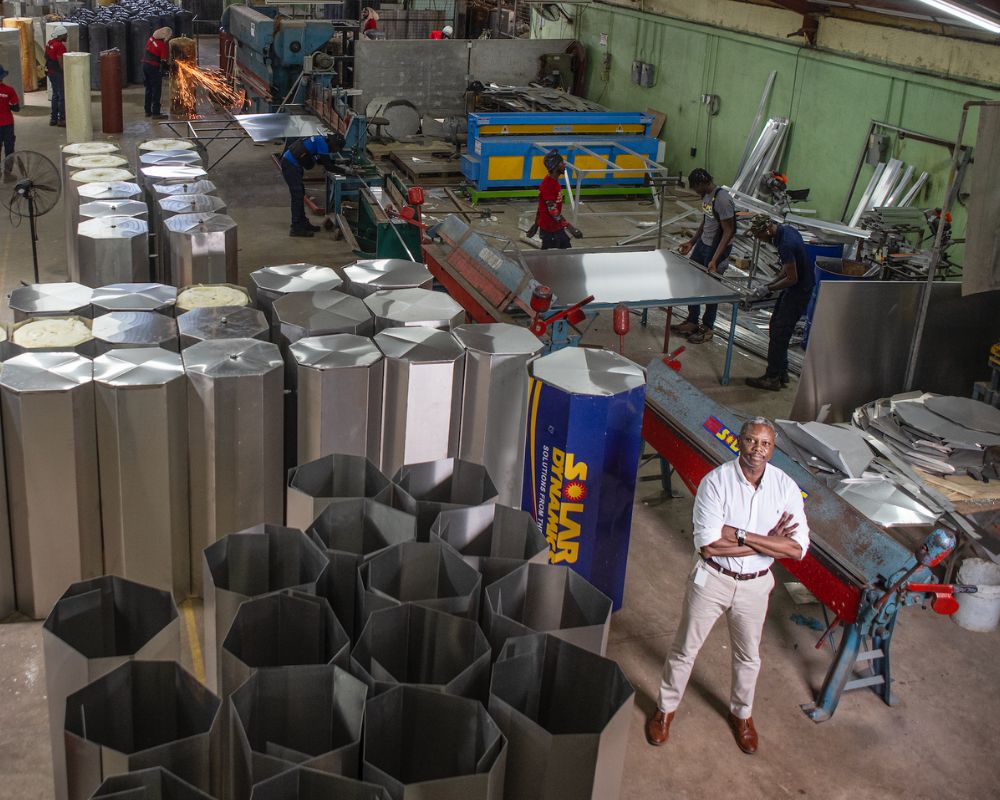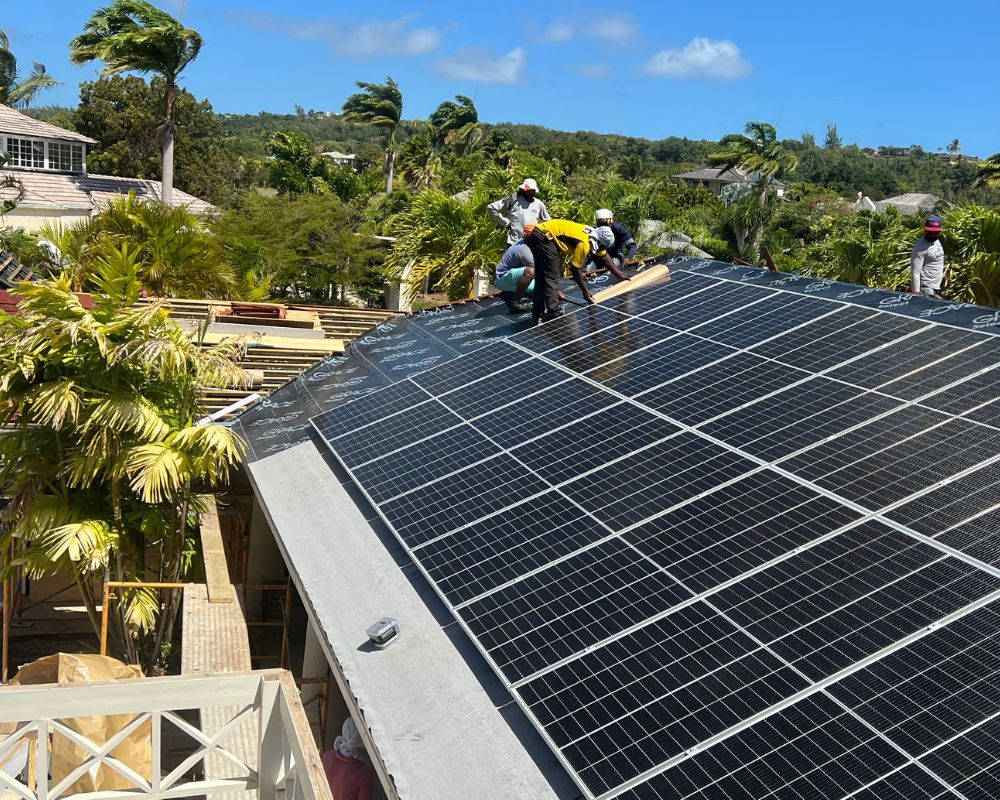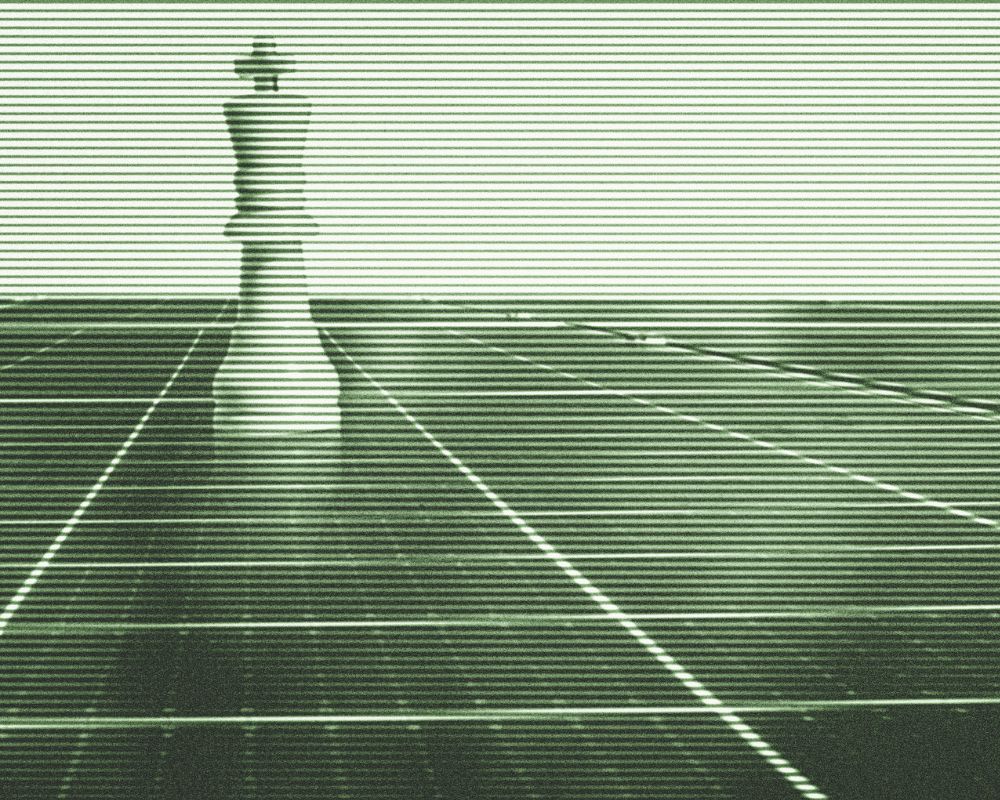-52.jpeg)
“It was the best of times, it was the worst of times, it was the age of wisdom it was the age of foolishness, it was the epoch of belief, it was the epoch of incredulity, it was the season of Light, it was the season of Darkness, it was the spring of hope, it was the winter of despair.” – Charles Dickens, A Tale of Two Cities.
Energy plays a vital role in the economic development of any society: Energy is the engine for the production of goods and services across all economic sectors. Barbados, like most CARICOM countries, is dependent on imported oil and petroleum products for more than 90% of its energy services. Collectively, our countries account for less than 0.2% of global oil imports. The region is therefore a very small and insignificant market within the context of the global oil demand and the heavy reliance on fuel imports exposes us to a high degree of supply and price volatility.
The uncertainty and impact of commodity – especially oil – price volatility, over the past two decades, has established energy security as the number one issue for leaders worldwide. Emerging risks and the resulting need to redefine energy infrastructure resilience, changing market designs, evolving business models, and shifting geopolitical conditions, have resulted in a new global energy landscape in which energy price volatility has become the “new normal”. High and generally unpredictable oil prices have consistently retarded the competitiveness of CARICOM produced goods and services – especially our tourism product – and stymied economic growth. It has been estimated that, for small island developing states, which constitute a majority of CARICOM, an increase of US$ 10 in world crude oil price translates to a 1.5% decrease in GDP. But the converse is not true; it has been reported, for instance, that a 10% decline in the price of oil typically produces very little or no impact on growth and levels of employment.
A critical fact is that past efforts to transition CARICOM economies to more sustainable energy use have exposed significant weaknesses in the design and institutional arrangements at the country levels. The legacy framework, despite the millions of dollars in development funding spent by multiple actors over the past decades, did not yield significant results. CARICOM countries, including Barbados, have been at perennial risk of not achieving the sustainable energy goals and targets that they’ve established for renewable energy and, in some instances, energy efficiency. It was for this reason that CARICOM countries, through the Heads of Government, established the Caribbean Centre for Renewable Energy and Energy Efficiency (CCREEE), which is headquartered in St. Michael, Barbados, in April 2018. The CCREEE is designed to squarely address what in commonly referred to as an “implementation gap” within the regional sustainable energy landscape by complementing and back stopping the individual and institutional capacities for sector planning and project implementation within our countries.
The CCREEE has the principal objective of assisting CARICOM countries with navigating what can be best described as a competitive, yet lucrative sustainable energy investment climate. The Centre is already providing reliable and dedicated direct support to the businesses, governments, and civil society actors within the region to, inter alia, transform innovative project concepts and studies into technical proposals and business plans that are capable of attracting financing from a variety of sources. The sector planning, business intelligence, and development assistance functions that are being provided by the CCREEE have the effect of lowering the transaction costs for projects, thereby increasing the number of viable options that are available for implementation within the region. Critically, the Centre is cementing a strong sense of “regional ownership” within the sector, by driving the enhancement of knowledge and improvements in the capacity of Caribbean businesses and citizens. The expectation is that, through deliberate actions, the CCREEE is providing secure and resilient energy solutions that will continually improve the competitiveness of businesses and the quality of lives within the Caribbean.
The CCREEE is guiding the regional energy sector through the best of times, where the confluence of the plummeting costs of some renewable energy technologies provide a window of opportunity for enabling investments, and the worst of times, in which the region continues to face significant economic challenges. But by leveraging the Centre’s key strengths, attainment of desired transformation to affordable, renewable, resilient and secure sources of energy will become more likely in more CARICOM countries.















